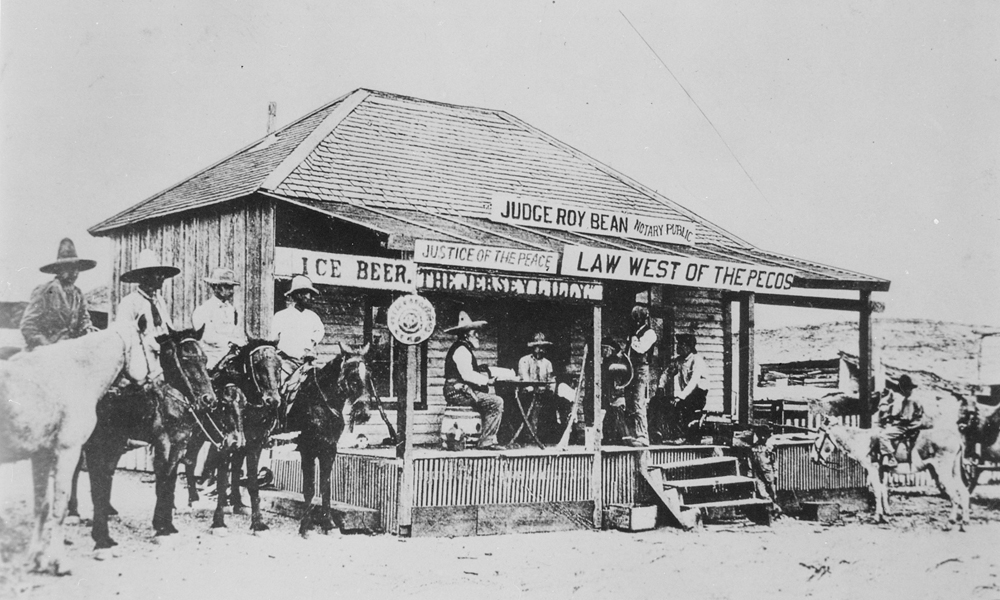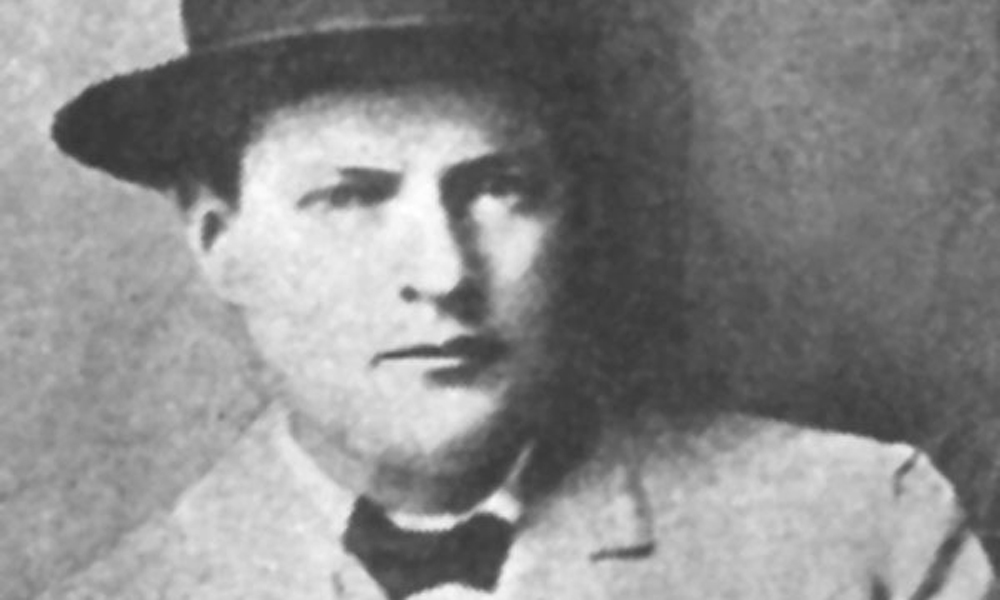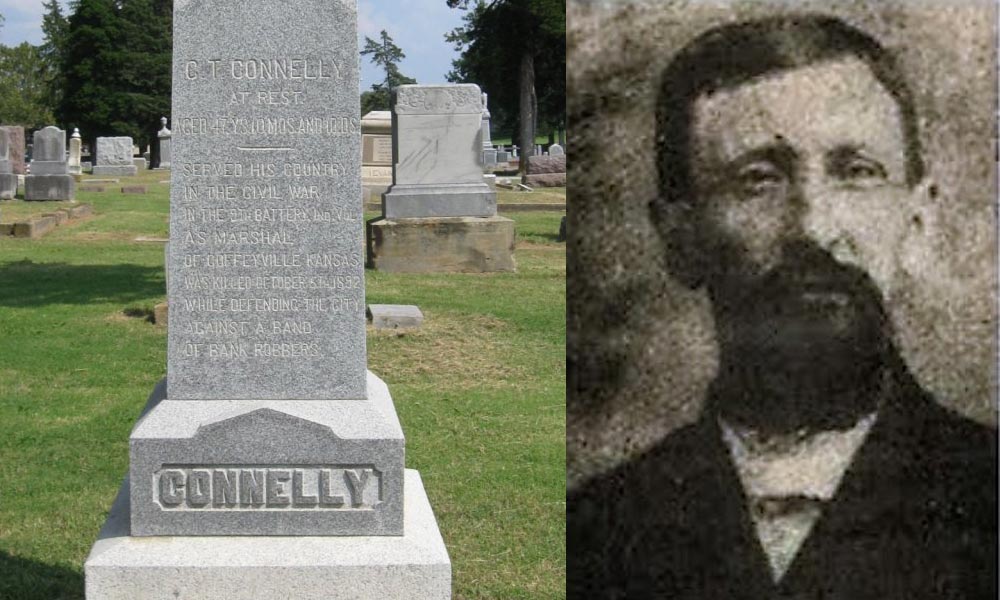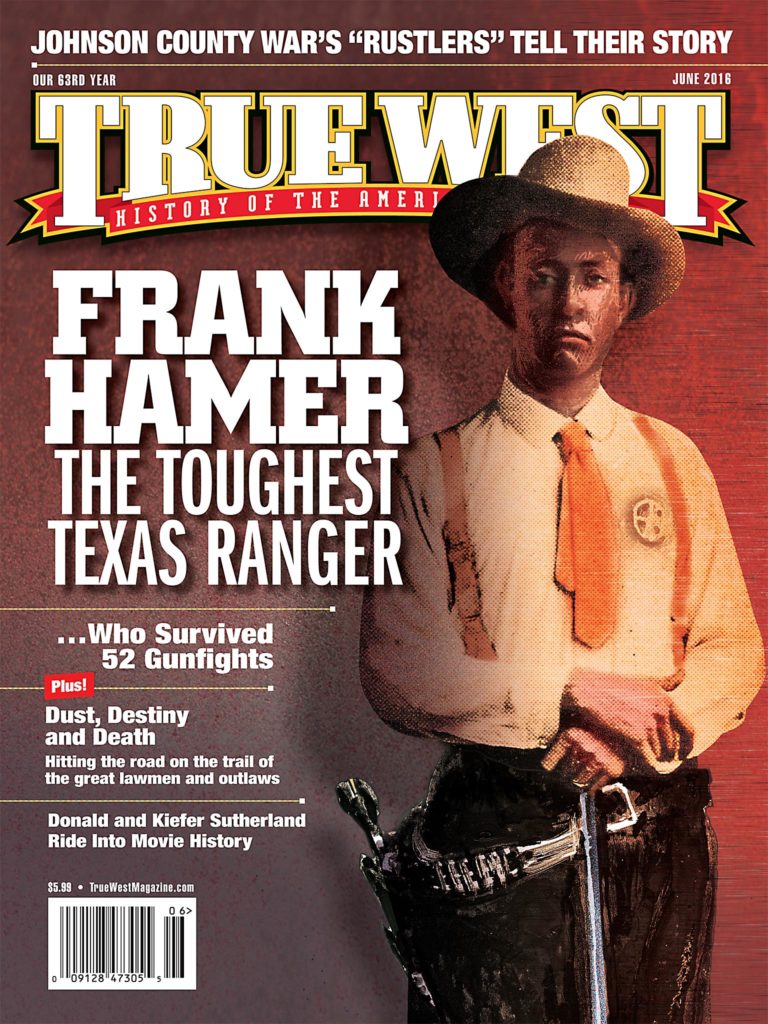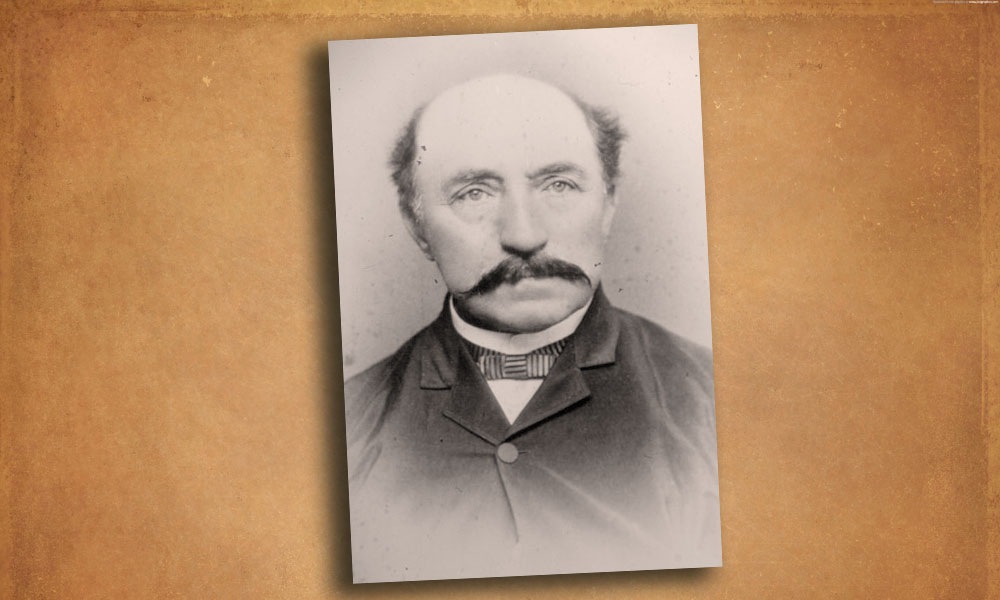
Many frontier towns had no official judge and usually a man respected for his knowledge would be asked to arbitrate disputes between two parties. If the man’s decisions appeared wise to the populace he would evolve into the role of justice of the peace.
One such man was Charlie Meyer of Tucson. Born in Germany, he came to Arizona with the Army in 1858 and opened a drugstore. His service in the hospital corps taught him to mix medicines and soon Tucsonians were calling him “doctor.” They elected him justice of the peace in 1864 and he served until the turn of the century.
Judge Charlie owned two books and they were the only books in town. One was Materia Medica and the other The Technique of Setting Bones. Both were in German and in times when a decision needed to be rendered he would open Materia Medica, appear to study it for a few moments and a decision would be forthcoming. These decisions apparently were never questioned, as nobody could read German and who would dare question such a lofty authority as the Materia.
Judge Charlie could be a terror not only to transgressors of the law in Tucson, but to their attorneys as well. On at least one occasion he passed sentence on both lawyer and client when the former questioned his decision.
Another of his civic contributions to Tucson was the initiation of a “chain gang” system where a convicted person could work off his sentence by performing such things as sweeping the streets or picking up trash.
He also had the uncanny ability to gauge just how much money the accused was carrying and he fined accordingly.
When a local character named Olive Camp Johnny Devine was arrested for getting drunk and rowdy once too often he was brought before the judge. His favorite stunt when he came to town was to rent a stable horse and race up and down Tucson’s main street whooping and hollering. When Johnny came before the bench for the umpteenth time the judge asked in his thick German accent, “Vell, vat have you been doing now?”
“Painting the town red” declared Olive Camp Johnny with a wide grin.
“Vell,” the judge said as he brought down the gavel, “I charge you vifty dollars for the paint.”
One day the judge himself was ticketed for speeding in his buggy down Congress Street. A large crowd filled the courtroom to see how he would handle the proceeding. Never one to disappoint, Charlie called himself up before the court, read the charges, then removed himself from the bench and standing before his vacated seat, gave himself a stern admonishment and fined himself twenty-five dollars. He pulled the money from his pocket, paid the bailiff, then seated himself and said, “Next case.”
All this was done to the delight and applause of the courtroom audience.


